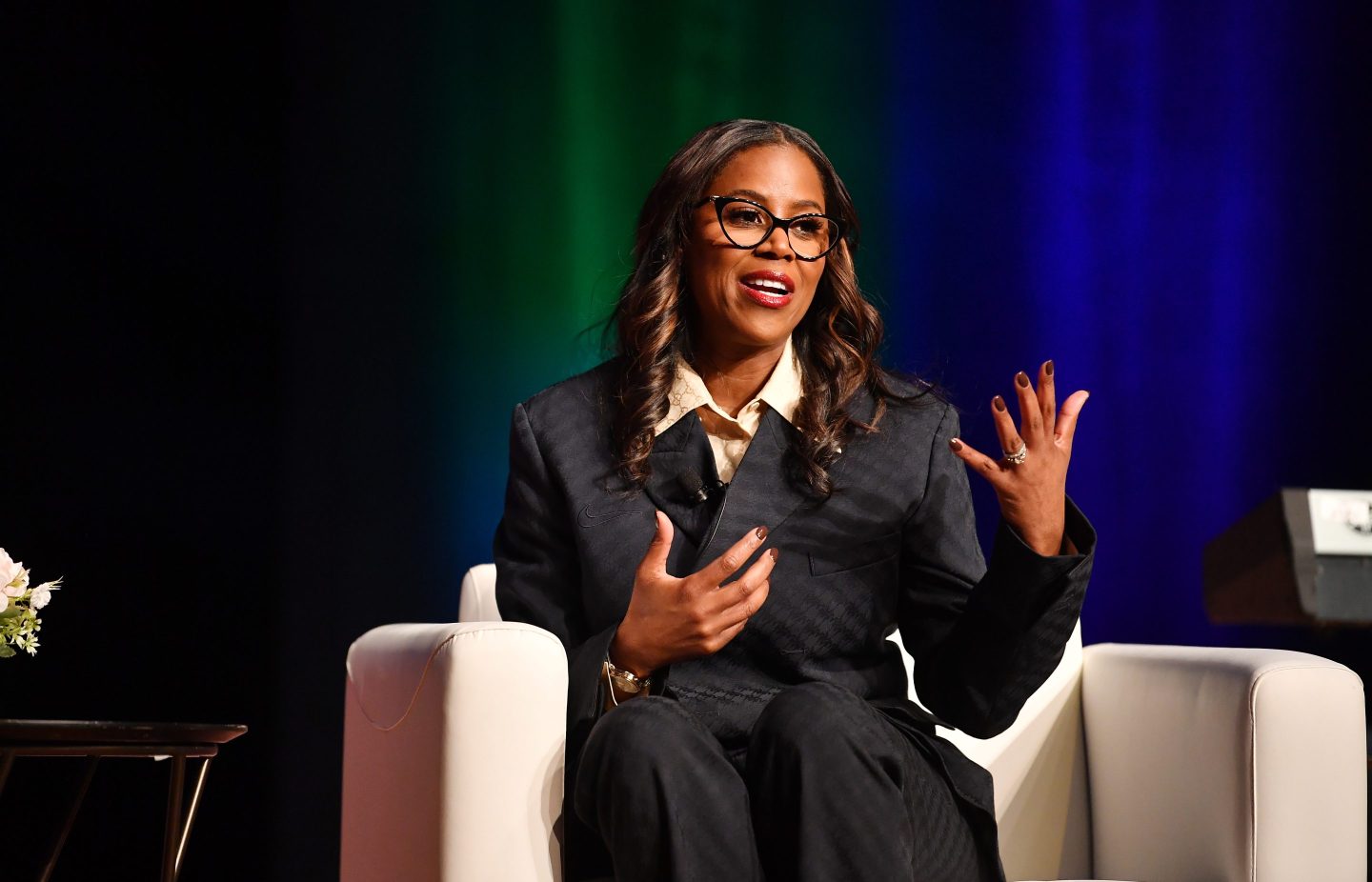Amazon’s first-quarter earnings report released on Thursday—which saw the company suffer a net loss of $3.8 billion and its slowest sales growth in almost 20 years—is a sign that the company needs to reinvent itself, according to a top investment manager.
In a statement, Amazon executives cited inflation, supply chain pressures, and the war in Ukraine as some of the reasons its sales momentum had slowed down. Shares, which plummeted Thursday, were down another 12% during early trading on Friday.
‘They have to reinvent themselves’
The shop-from-home boom that created so much profit for Amazon over the last two years is subsiding, with the company noting in its earnings report that COVID brought “unusual growth and challenges.”
“Amazon’s been around for a long time, and yes, they’re incredibly convenient, and they got that huge bump from shop-at-home because of worldwide COVID,” according to Kimberly Forrest, founder and CIO at Bokeh Capital Partners, an investment management service.
“But now we’re back to the problem of: How do you get people to shop at a site that’s not that compelling? If you know what you’re going to buy, Amazon’s a great site,” she told Fortune on Friday. “There are great things on there—but you have to know what you’re shopping for, or you’re kind of screwed.”
Forrest compared Amazon to brick-and-mortar stores like Urban Outfitters, where shoppers might be presented with an entire outfit rather than just a single item at a time.
“Amazon doesn’t do that; there’s no merchandising. I think that is the problem with Amazon—they have to reinvent themselves as a merchandiser, not just a vendor,” she said.
Potential international opportunities
But Xian Wang, VP of retail insight at Edge by Ascential, an online retail consulting company, suggested Amazon’s flagship e-commerce business still has a strong growth outlook in international markets.
“By 2026, we forecast that Amazon will replace Tesco as the U.K.’s top retailer, with a sales lead of more than £11 billion ($13.8 billion),” Wang said in an email to Fortune on Friday. “Amazon is closing in on Tesco thanks to its strength in e-commerce, which is growing rapidly in the U.K., and investment in new Amazon Fresh stores.”
Wang said it’s Amazon’s e-commerce business, not its physical stores, that will enable the company to establish itself as the U.K.’s biggest retailer.
Sign up for the Fortune Features email list so you don’t miss our biggest features, exclusive interviews, and investigations.










